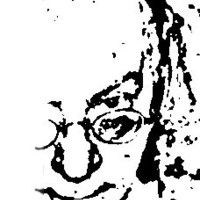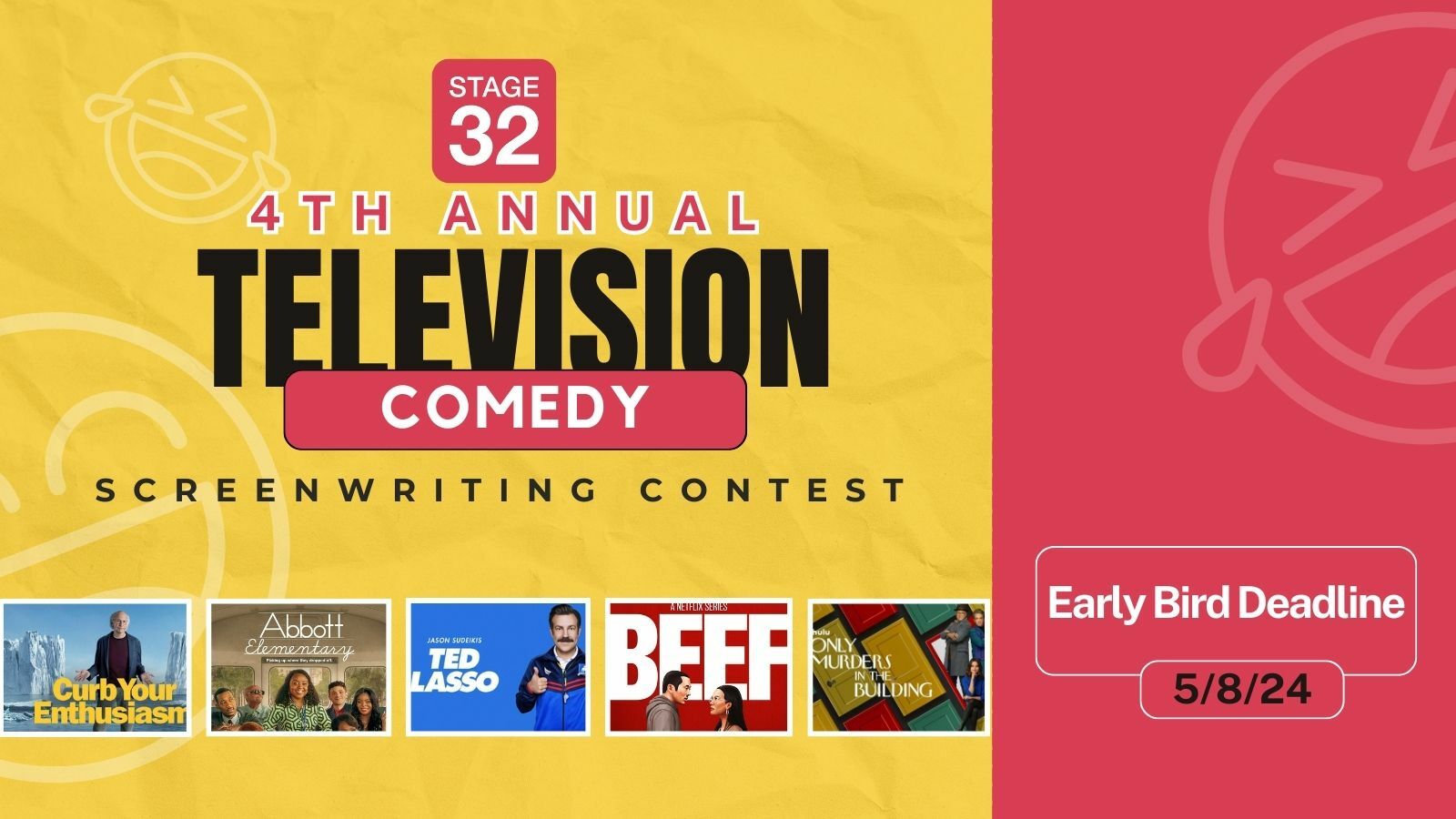The art of the story is the shaping of the story. It involves FORM. Form presupposes an understanding of the nature of the dramatic experience as a process expressed through the interactions of characters, only some of which exist inside the script. It also presupposes a storyteller/artist that has developed a facility for allowing the characters to become what it is in them to become, based upon their problems, goals and objectives. FORMULA, on the other hand, is the blind replication of existing stories and “story recipes” that have been employed – with varying degrees of success - in the past, which is why it is always possible to tell the Cinderella story, with minor variations, to some effect. In fact, one could make a career out of simply copying earlier models without ever understanding the deeper significance of the structure. Story structure - from fables to myths and epics - is essentially the same; but story structure (in and of itself) guarantees nothing. It is the dream that surrounds the shape that is important. And the DREAM is character-based: what do the characters “dream” about? What do they want and why do they want it, and who or what is stopping them from getting it and why. And, most importantly, what are they going to DO about it? Formula is what we resort to whenever we ignore the dream. It is, indeed, ignorance of the dream; whereas Form invites us to ENTER the dream in such a way that we can pass it on to others without it losing its intrinsic emotional power. For more see http://www.wheresthedrama.com/plot3.htm



Excellent article. The lead-in on Stage 32 got me to read the "plot 3" page, but the actual discourse put the lead-in to shame. First, I need to say that what you are trying to explain is extremely organic and abstruse. If a screenwriter could really understand the subject, well, that's it, isn't it? Your reference to the fallacy of composition and its relation to formula exactly nailed the solution of reconciling the disparity between actual movies and among the different schools of thought for me. The food fight example is perfect. In other words, after reading the article, I know better how to evaluate advice. Now, I'm starting to wonder what other fallacies are being taught with authority to sincere students of screenwriting alchemy. Any thoughts on that? Also, the wineglass analogy is one of those images I will carry in my utility belt. (I'm really Batman) It seems to me a screenwriter must possess a comprehensive awareness of screenwriting while he's writing. One can't really cram for this test. It has to be in the writer's blood and bones to manifest effectively on the page. It's like the samurai who practices ritualistically for years until, during a real fight, he forgets his training, blanks his mind, and moves on instinct. Without the training, his instincts would be dull, but without instinct, training alone could get him killed when his opponent fights outside the box. It helps tremendously, when trying to contain this comprehensive awareness, to have an image, like the wineglass, with which to capture and study the phenomenon. You can't copy and paste a formula onto form without it looking like a ransom note. I may not be there yet, but this article definitely got me closer. Thanks.
Thanks for your fullsome reply - much appreciated - rather than go over a whole lot of ground I've already written about, I'll direct you to a few other articles/essays that you'll find illuminating - i.e.: articles that explore ideas that the "Aristotleans" (vide: McKee, Field, etc) ignore. Check out the section at http://www.wheresthedrama.com/resonances.htm and at http://www.wheresthedrama.com/plot.htm And pass it on to others that you think might benefit. Stoneking